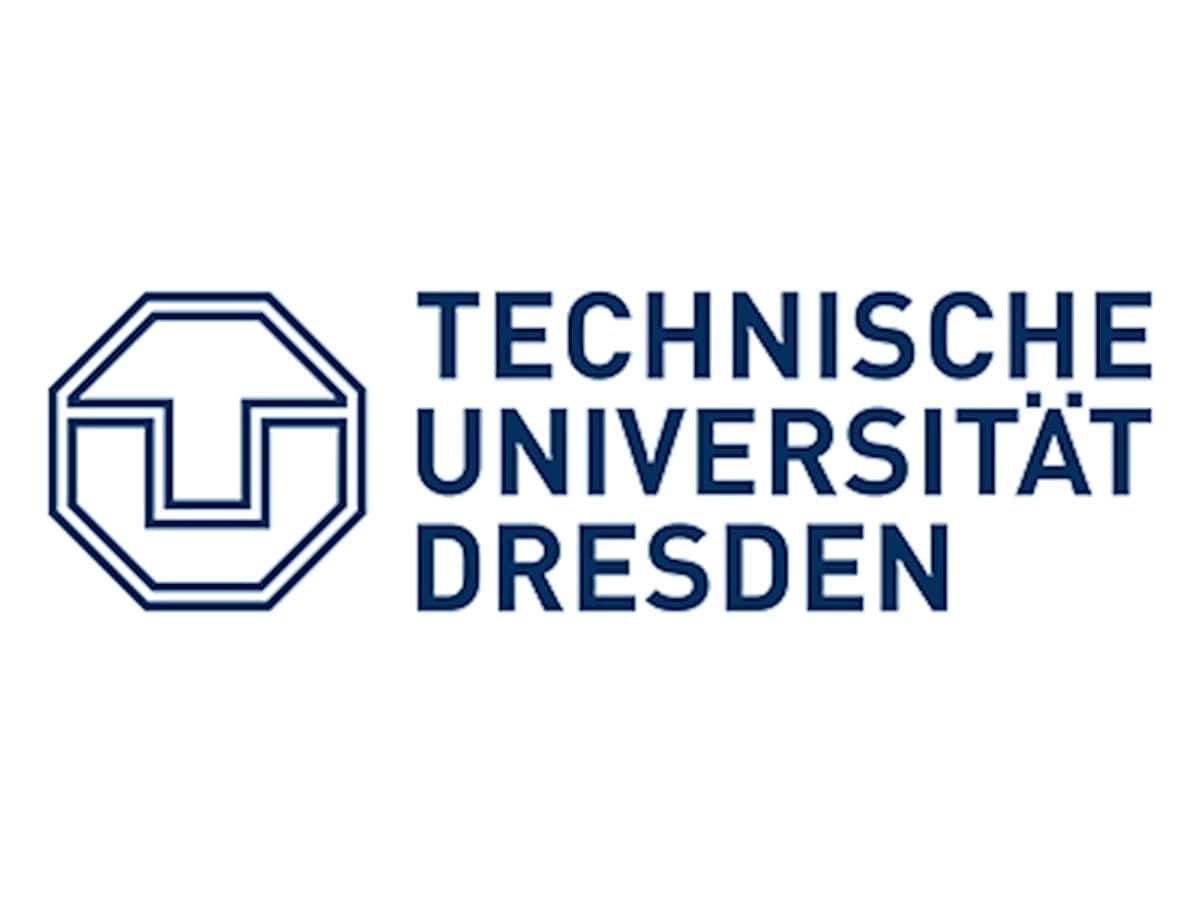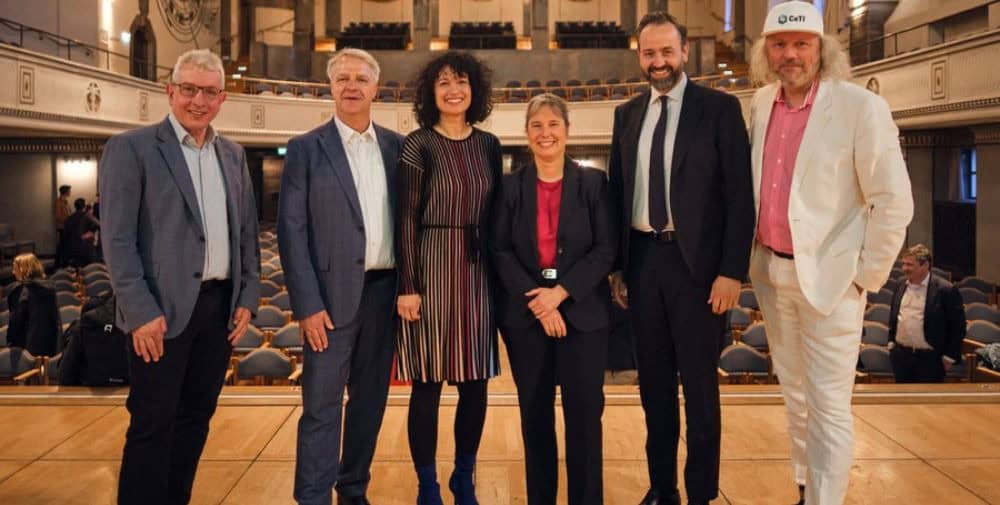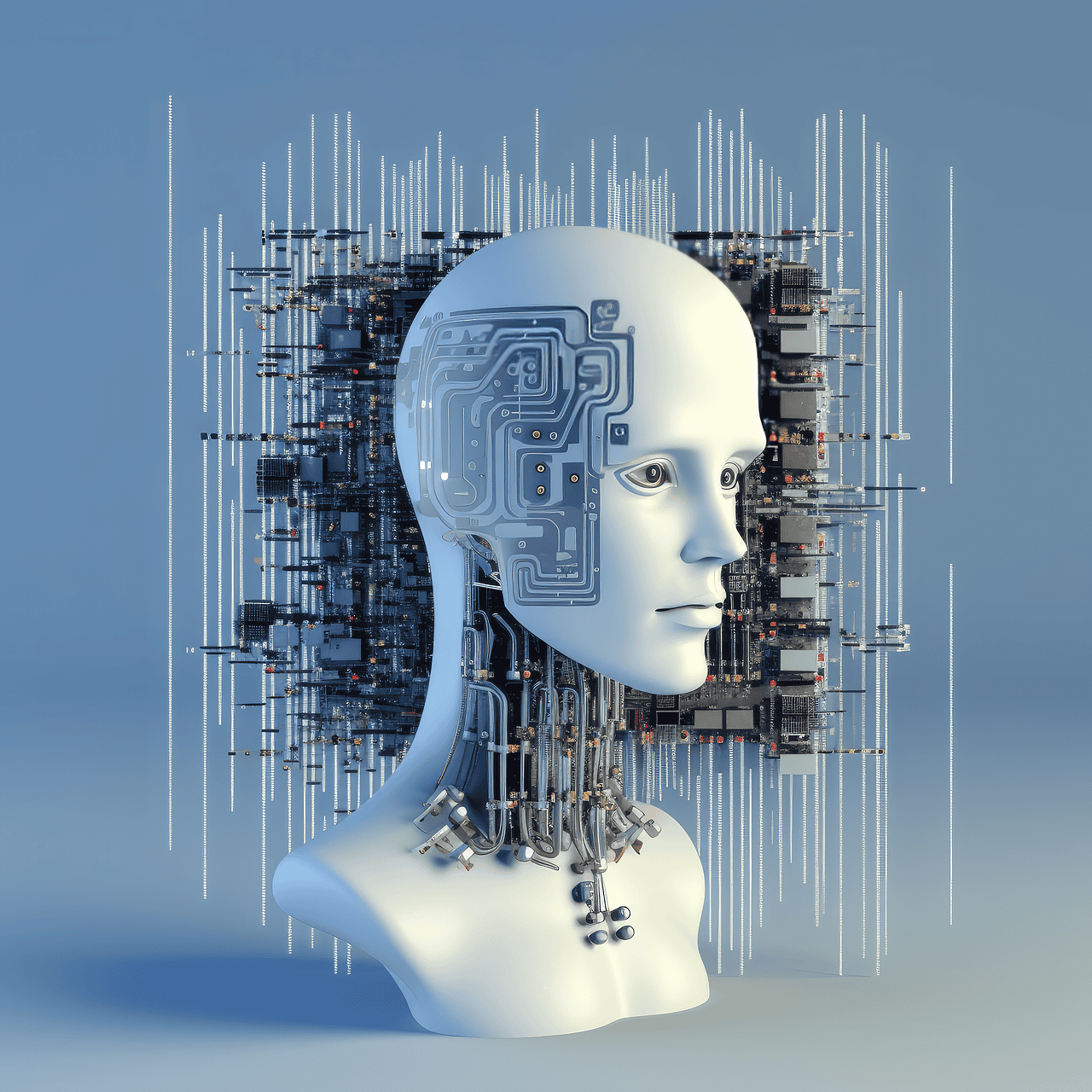
The project is being funded by the Bavarian State Ministry of Science and the Arts and the Saxon State Ministry of Science, Culture and Tourism with around six million euros over three years.
Professor Ursula Staudinger, Rector of TU Dresden: “By participating in the gAIn project, we as the University of Excellence TUD, together with our Cluster of Excellence CeTI, are contributing our expertise in researching the interaction between hardware, information transfer and AI applications – with the aim of developing more resource-efficient AI systems. Together with our partners, we are thus making an important contribution to technological sovereignty in the field of AI and at the same time strengthening cooperation with the Universities of Excellence LMU and TUM. The TUD offers an excellent environment for this: As one of nine national high-performance computing centers and in close connection with the National AI Competence Center Scalable Data Analytics and Artificial Intelligence (ScaDS.AI), we have powerful supercomputing systems as well as proven networks and resources for cutting-edge research in the field of artificial intelligence.”
Sebastian Gemkow, Saxony’s Minister of State for Science, Culture and Tourism: “gAIn is a forward-looking project with a clear vision: Germany and Europe should not only be able to keep up in the field of artificial intelligence, but also be at the forefront of global development and secure our technological independence. The project is led by experts who have a deep understanding of the challenges of AI and are also visionary thought leaders. They bring together various scientific disciplines to create an overall concept that perfectly combines AI, hardware and software. This brings us closer to our goal of building an energy-efficient, robust and sustainable AI ecosystem in Germany that is independent of the USA and China.”
Markus Blume, Bavarian State Minister of Science and the Arts: “Three universities, two countries, one goal: we want to be at the forefront of the mega topic of artificial intelligence and play a key role in shaping the further development of this key technology. The gAIn research project fits in perfectly here: it deals with the safety and energy efficiency of AI and researches the interaction of hardware and software for this purpose. After all, AI must be safe, smart and trustworthy. By supporting gAIn, we are helping to ensure that we retain our sovereignty in the age of AI. Many thanks to the participating AI luminaries from Saxony and Bavaria and their universities. They prove once again that the label ‘Free State’ stands for the future!”
Technological independence for Europe is urgently needed
AI technology that we currently use comes almost exclusively from the USA or China. “Europe must wake up now and take its own AI path as quickly as possible,” warns Professor Gitta Kutyniok, holder of the Chair of Mathematical Foundations of Artificial Intelligence at LMU and gAIn spokesperson. “If the governments of these countries were to deprive Europe of access to current AI solutions, it would throw us back into the digital Stone Age. Technological sovereignty is potentially vital for the survival of Germany and Europe,” says Kutyniok, whose professorship is part of the extensive Hightech Agenda program of the Free State of Bavaria.
Sustainable and reliable solutions for sensitive applications
Another major challenge is resource efficiency. If AI does not become significantly more efficient, the energy consumption of the communications sector alone could already exceed current global energy production in fifteen to twenty years, not to mention the total energy requirements of all IT applications. This is why the scientists from Bavaria and Saxony will be working together on alternative hardware platforms. The focus is on novel approaches such as neuromorphic chips, quantum computing and biocomputing.
In order for AI solutions to be used more quickly in more sensitive areas such as medicine or critical infrastructures such as telecommunications, researchers from LMU, TUM and TUD want to improve the reliability of AI. “With the help of new mathematical models and alternative software-hardware combinations, we can develop a secure AI and thus increase the acceptance of this technology among the population,” summarizes Prof. Gitta Kutyniok summarizes.
– – – – – –
Further links
👉 https://tu-dresden.de
Photo: Andres Chuquisengo




